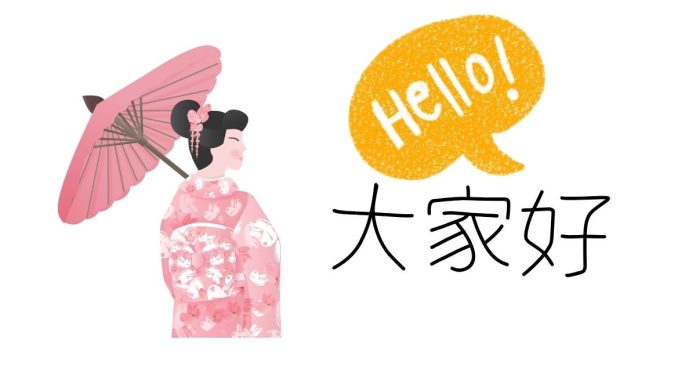Greetings in Japanese: A Guide to Saying “Hello, How Are You?”
In Japan, greetings are an essential part of the culture and are used to show respect, kindness, and hospitality. When interacting with Japanese people, it’s customary to use polite language and formal greetings, especially when meeting someone for the first time. In this article, we’ll explore how to say “Hello, how are you?” in Japanese.
Basic Japanese Greetings
In Japanese, there are several ways to greet someone, depending on the time of day and the level of formality. Here are some basic Japanese greetings:
– Ohayou gozaimasu (Good morning)
– Konnichiwa (Good day/Good afternoon)
– Konbanwa (Good evening)
How to Say “Hello, How Are You?” in Japanese
To say “Hello, how are you?” in Japanese, you can use the following phrase:
– Konnichiwa, o-genki desu ka? (Hello, how are you?)
Here’s a breakdown of the phrase:
– Konnichiwa: This is a formal greeting that can be used during the day.
– O-genki: This means “how are you?” or “how is your health?”
– Desu ka?: This is a polite way of asking a question.
Informal Version
If you want to use a more informal version of the phrase, you can say:
– Konnichiwa, genki? (Hello, how are you?)
This version is more casual and can be used with friends or people you’re familiar with.
Response to “How Are You?”
When someone asks you “O-genki desu ka?” or “Genki?”, you can respond with one of the following phrases:
– Hai, genki desu (Yes, I’m fine)
– Maa, maa genki desu (I’m okay, thanks)
– Chotto genki ga warui desu (I’m not feeling well)
Saying “Hello, how are you?” in Japanese is a great way to show respect and kindness when interacting with Japanese people. By using the formal phrase “Konnichiwa, o-genki desu ka?” or the informal phrase “Konnichiwa, genki?”, you can start a conversation and build a connection with others. Remember to respond politely and use the correct phrases to show appreciation for the other person’s concern.


